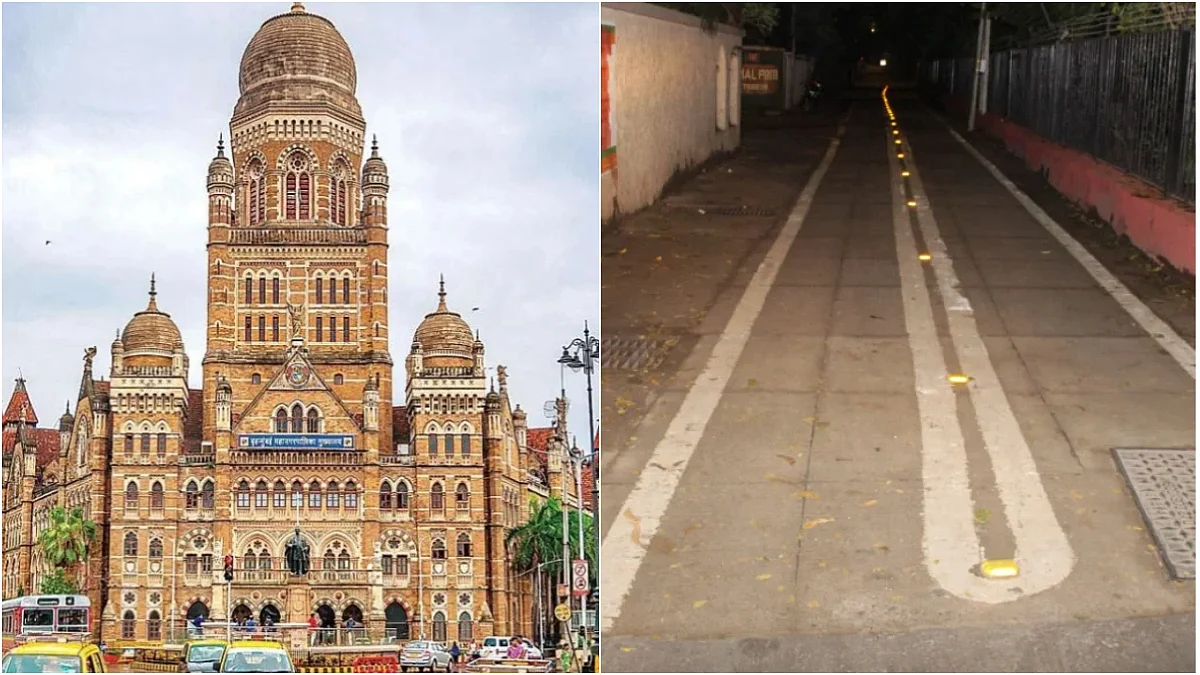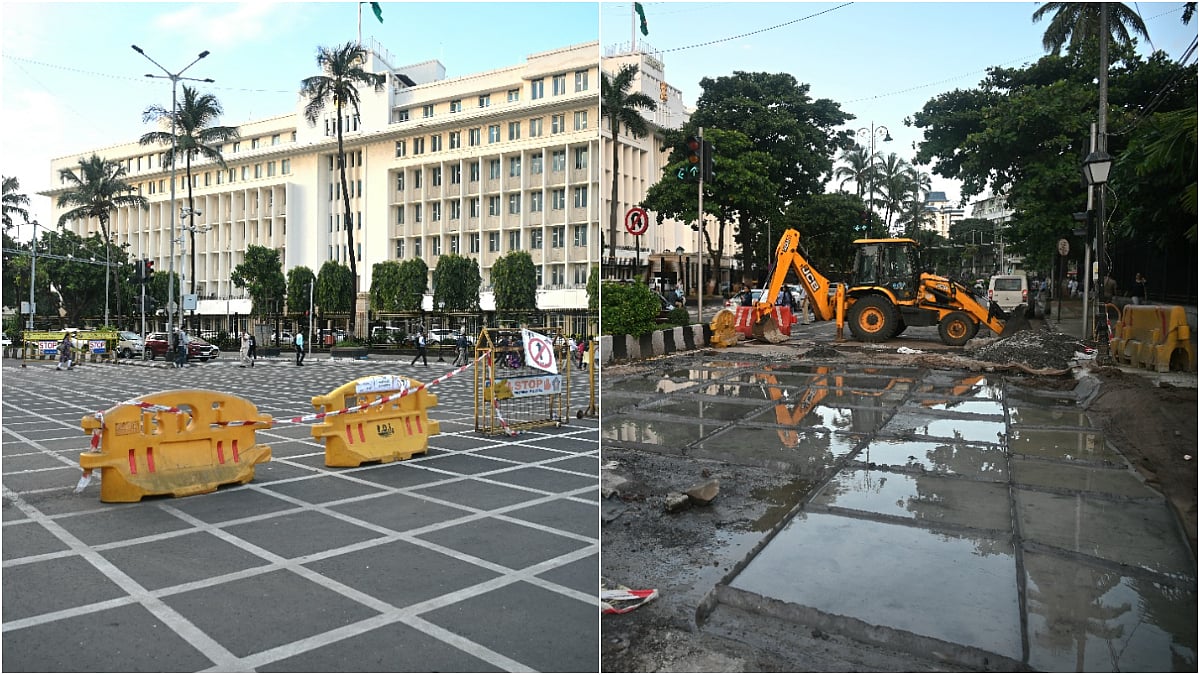Bhopal (Madhya Pradesh): Bhopal Municipal Corporation (BMC) has begun producing bio-enzymes from discarded lemon peels to tackle pollution in the city’s lakes and improve overall sanitation.
The peels are being collected in bulk from temples, hotels, and juice shops, turning what was once waste into an eco-friendly cleaning solution.
According to BMC officials, Bhopal consumes nearly three quintals of lemons daily, providing a steady supply of raw material for the project. Initially, the waste is being sourced from temples, but the corporation plans to collect them from hotels, roadside juice vendors, and sugarcane stalls also.
The training for municipal staff is underway under the guidance of Central Pollution Control Board (CPCB) senior scientist Dr Yogendra Kumar Saxena. Large-scale production is already underway.
Bio-enzymes
Bio-enzymes are natural cleaners produced through the fermentation of organic waste. In this case, the mixture is prepared by combining 10 parts water, 3 lemon peels and 1 part jaggery, which is then left to ferment for three months. The process activates beneficial microorganisms and enzymes, converting the blend into a powerful cleaning agent.
According to experts, the microorganisms and enzymes present in bio-enzymes break down organic pollutants such as algae, sludge and other biological impurities, while also decomposing oil, grease and some inorganic compounds. This helps to restore water quality and balance the pH level.
Multi-purpose cleaner
Apart from lake cleaning, the bio-enzyme solution can also be used in households for cleaning kitchens, bathrooms, floors, tiles and glass surfaces. It doubles as an organic fertiliser and natural pest repellent for plants, proving effective protection against whiteflies, mealybugs and spider mites, offering added benefits for gardening enthusiasts.
Mayor Malti Rai said, “Many innovations are being introduced to keep our water bodies clean. This initiative is part of that ongoing effort”











